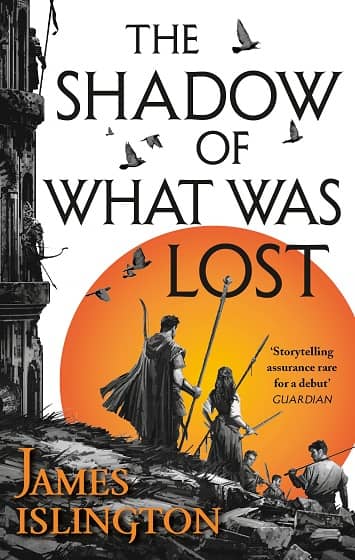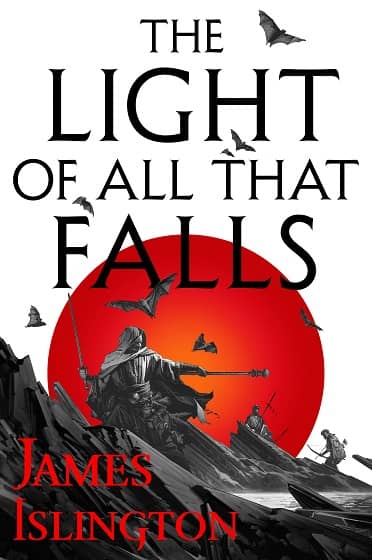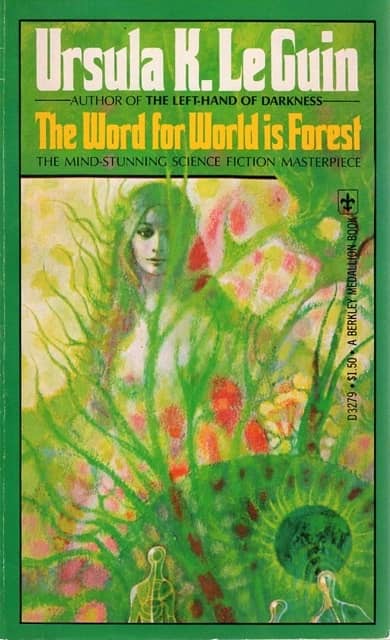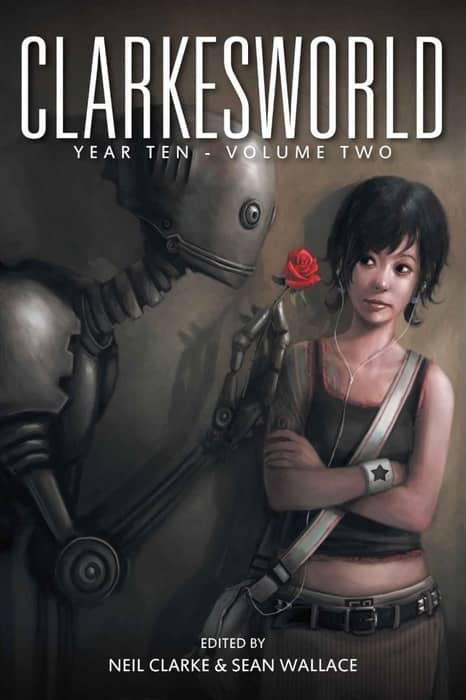The Rise of Skywalker: A GREAT Ending to the Star Wars Saga
 I was ten years old in the summer of 1977, and my dad took me to Cinema East that summer to see Star Wars (A New Hope). Cinema East, then on Broad Street in Whitehall, but now long gone, had 70 MM screenings. I think it was the biggest screen in town.
I was ten years old in the summer of 1977, and my dad took me to Cinema East that summer to see Star Wars (A New Hope). Cinema East, then on Broad Street in Whitehall, but now long gone, had 70 MM screenings. I think it was the biggest screen in town.
Forty-two years and seven movies later this past Saturday, one day before my son turned twelve, I took him to see Star Wars: The Rise of Skywalker. I have liked some of the series, and the ‘extra’ movies, and the animated shows. I didn’t like others. But I can value that generations have been able to share the Star Wars universe. That’s something powerful in our increasingly shallow culture.
I’m going to write a short, relatively spoiler-free post. I liked The Force Awakens, even though it seemed rather unoriginal. But after the second trilogy, which I didn’t care for, I was happy to enjoy a Star Wars movie again. And then came The Last Jedi. Had I not taken my son to see it, I probably would have either fallen asleep, or left before the end. It was a dull, plodding movie. And I feared the saga was going to limp to its final end.
But I’ve approached every Star Wars film with an open mind. I don’t have an agenda, or any strong feelings about it. I watched the first three movies, read a few books like Alan Dean Foster’s Splinter of the Mind’s Eye. But I wasn’t overly big into Star Wars. I was more interested in fantasy than science fiction. I’d rather read Michael Moorcock, Terry Brooks, or Terry Pratchett, than dig deeper into Star Wars.
And The Rise of Skywalker was an excellent ending to the epic cycle. I don’t think they could have done a whole lot better in putting the original movie series to bed. It’s a movie about hope, redemption, courage, perseverance, honor, and commitment. It’s cool in our Dark Knight era of superhero movies (a genre created for kids and totally taken over by adults who really need to lighten up and examine their lives a bit), to denigrate uplifting, feel-good stories.
Rise is a return to the values, themes and messages of the original trilogy. It brings closure to a story begun over four decades ago. And it does it in a way that lets the movie-goer walk out of the theater satisfied. Especially someone who has been watching Star Wars for decades.















